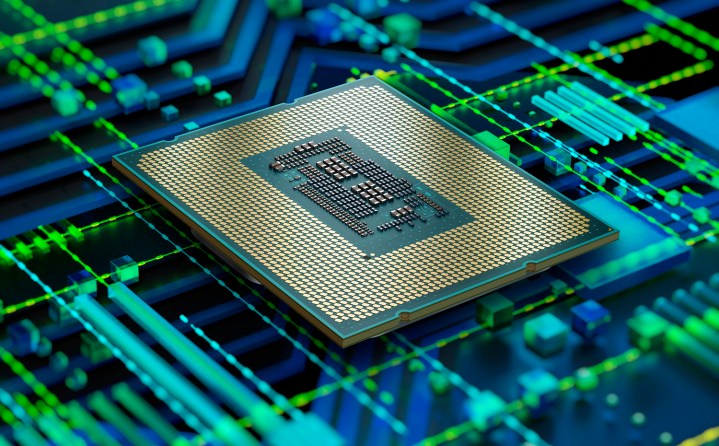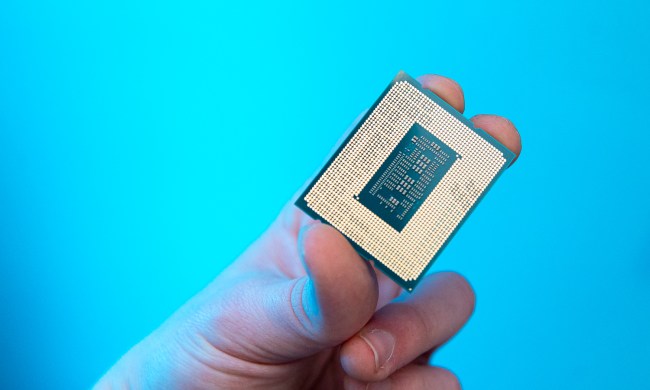The DRM-based issues that caused certain video games to crash or fail to load on a system with an Alder Lake processor have now been fixed by Intel.
The company confirmed it resolved the DRM problems for affected games running on 12th-gen Intel Core CPUs for both Windows 11 and Windows 10.

In an update on its website, Intel said the fix came to fruition by working with both Microsoft and game publishers. As a result, all the games that were not playable on Intel’s latest processors due to the DRM complications have been fixed via game patches or operating system updates.
With this in mind, Intel advises those that still encounter issues on an older version of Windows to run the latest version of Windows Update. Previously, Gigabyte and MSI provided tools to address the issue, while Intel supplied a scroll lock workaround.
Intel’s Alder Lake processors were released to outstanding reviews, with the chips becoming some of the best CPUs for gaming on the market. The DRM issues that have now been patched were thus a concerning problem at the time for gamers who were unable to play certain video games on their newly built or upgraded system.
These difficulties initially impacted over 90 games during Alder Lake’s October launch last year. The cause behind games not working properly or failing to boot at all is attributed to Alder Lake’s hybrid architecture. Intel’s 12th-gen chips utilize both Golden Cove high-performance cores and Gracemont power-efficient cores.
However, gaming digital rights management (DRM) software was recognizing the efficient-cores as another system. The most popular DRM application, Denuvo, would therefore cause games to crash during the launch process or gameplay. Users were also subjected to their games unexpectedly shutting down.
DRM software essentially ensures a game cannot be pirated by verifying the title is being played by the consumer who initially bought it on their own system.
Aside from the Alder Lake issues, the anti-piracy software hasn’t exactly been largely welcomed by the gaming community and even by some developers. Denuvo can potentially cause performance issues for certain video games. For example, Resident Evil Village was affected by stuttering problems. Furthermore, leading developers such as Square Enix, Capcom, and Bethesda have all removed Denuvo from several popular titles.
Elsewhere, Intel’s upcoming Arc Alchemist graphics cards have seemingly been delayed beyond their initially scheduled launch period during the first quarter of 2022.




